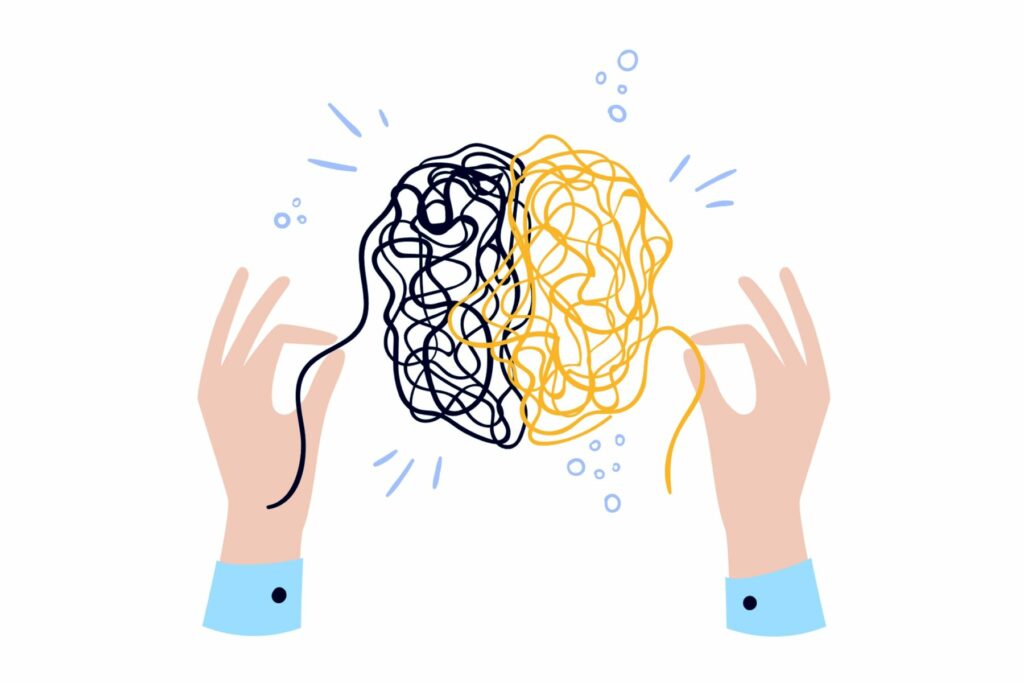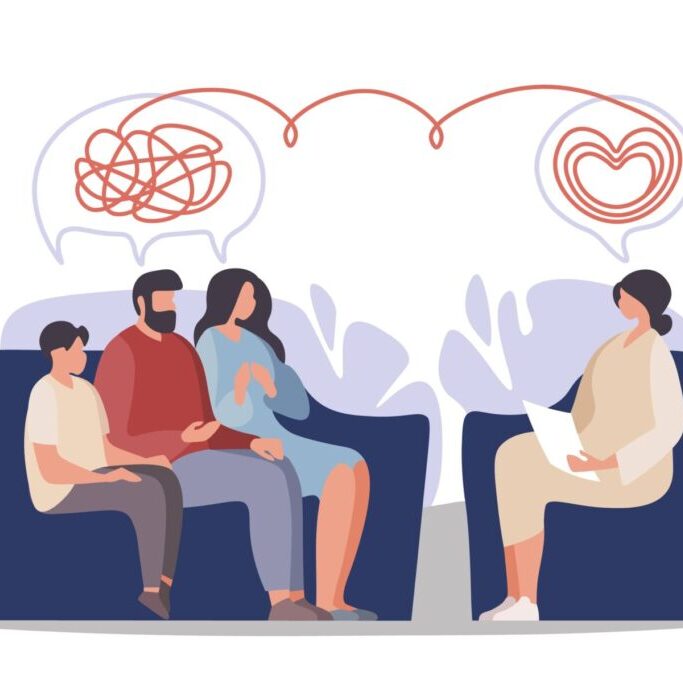Navigating Autigender: Understanding the Intersection of Neurodiversity and Gender Identity

In the vibrant neighborhood of Lakeview, Chicago, a growing discussion centers around the nuanced concept of “autigender.” This term, emerging from the intersection of autism and gender identity, offers a profound insight into how some neurodivergent people perceive and relate to their gender.
Notably, there is a higher prevalence of diverse gender identities within the autistic community compared to the neurotypical population. Autistic people are more likely to identify as gay, bisexual, transgender, asexual, or genderqueer. While the reasons for this correlation are still under empirical investigation, the term autigender has arisen, and theories to explain the correlation are beginning to form.
Gender and Autism as Concepts
Gender is fundamentally a social construct, shaped by societal norms and expectations. Autism, characterized by neurological differences in interpreting and understanding social constructs, inherently affects an autistic person’s comprehension of gender.
This unique interplay forms the basis of the autigender identity, where an individual’s gender perception is intrinsically linked to their autistic experience. For those in Lakeview, Chicago, and beyond, this means recognizing that autigender individuals might have a distinct and complex relationship with gender, which is profoundly informed by their autism.
Autigender encapsulates a wide range of gender identities from man, woman, non-binary, cisgender, transgender, agender, and many others. The common thread is that their understanding of these identities is shaped by their autism.
For some, identifying as autigender might be the most accurate descriptor of their gender experience, especially when traditional gender categories fail to encapsulate their reality. This nuanced identity is not about defining autism as a gender but recognizing how autism uniquely shapes their gender understanding.
Misconceptions and Social Challenges
A common misconception about autigender is the notion that it implies autism itself is a gender. This misunderstanding often leads to erroneous and sometimes hostile reactions, particularly on social media. It’s crucial to emphasize that autigender individuals do not consider autism as a gender but as a significant factor that influences their experience and understanding of gender.
Theories Explaining Prevalence
While there is no empirical explanation for the higher rates of gender-diverse identities among neurodiverse populations, several theories have been proposed.
- Less Concern with Social Pressures – The most popular theory involves the understanding of gender as a social construct. The theory purports that because gender identity is not inherently tied to biological sex (rather, it is a cultural and societal concept that evolves over time), many neurodiverse people (due to their distinct cognitive styles) may not internalize these societal constructs in the same way neurotypical people do. This divergence can lead to a unique and authentic expression of gender that may not align with conventional expectations.
- Autistic Gender and Logical Thinking – Autistic individuals often approach life with a logical and detail-oriented mindset. This cognitive style can influence how they perceive gender, leading to a perspective that might differ significantly from neurotypical viewpoints. For example, while neurotypical society often emphasizes physical appearance and gender conformity, autistic individuals might prioritize logical reasoning and personal authenticity over societal expectations. This logical approach can result in a diverse range of gender expressions that are deeply personal and individualized.
Supporting Autigender Individuals
To support autigender individuals, it is vital to respect their chosen names, pronouns, and identities. This support involves avoiding the use of deadnames, refraining from misgendering and validating their experiences.
A neurodiversity-affirming approach acknowledges that each person’s understanding of gender is valid and unique, regardless of societal norms. Embracing this diversity is particularly important in inclusive communities like Chicago’s Lakeview neighborhood.
Similarly, authenticity is a cornerstone of understanding and supporting autigender individuals. Celebrating authenticity involves recognizing and affirming the diverse ways people express their gender. For autistic people, whose gender identities may not conform to traditional norms, this acceptance is crucial.
The concept of autigender highlights the intricate relationship between neurodiversity and gender. It emphasizes that for many autistic individuals, their perception of gender is profoundly influenced by their neurodivergent experiences.
Understanding and supporting autigender individuals requires a shift in perspective, recognizing that gender identity is a deeply personal and complex aspect of one’s identity. By fostering an inclusive and respectful community, we can ensure that all people in Chicago, regardless of their neurotype or gender identity, feel valued and understood.
This blog is made for informational and educational purposes only. It is not medical advice. The information in this blog is not intended to (1) replace a one-on-one relationship with a qualified licensed health care provider, (2) create or establish a provider-patient relationship, or (3) create a duty for us to follow up with you.



